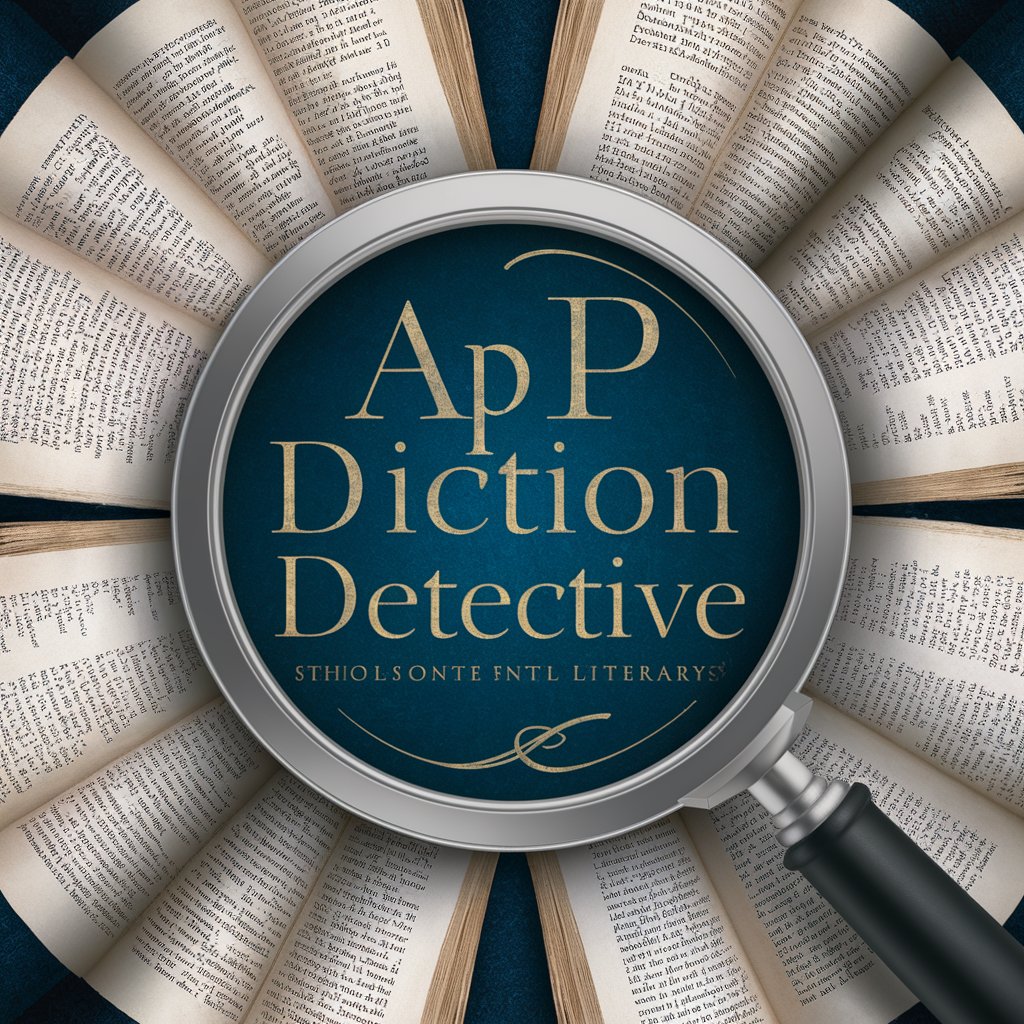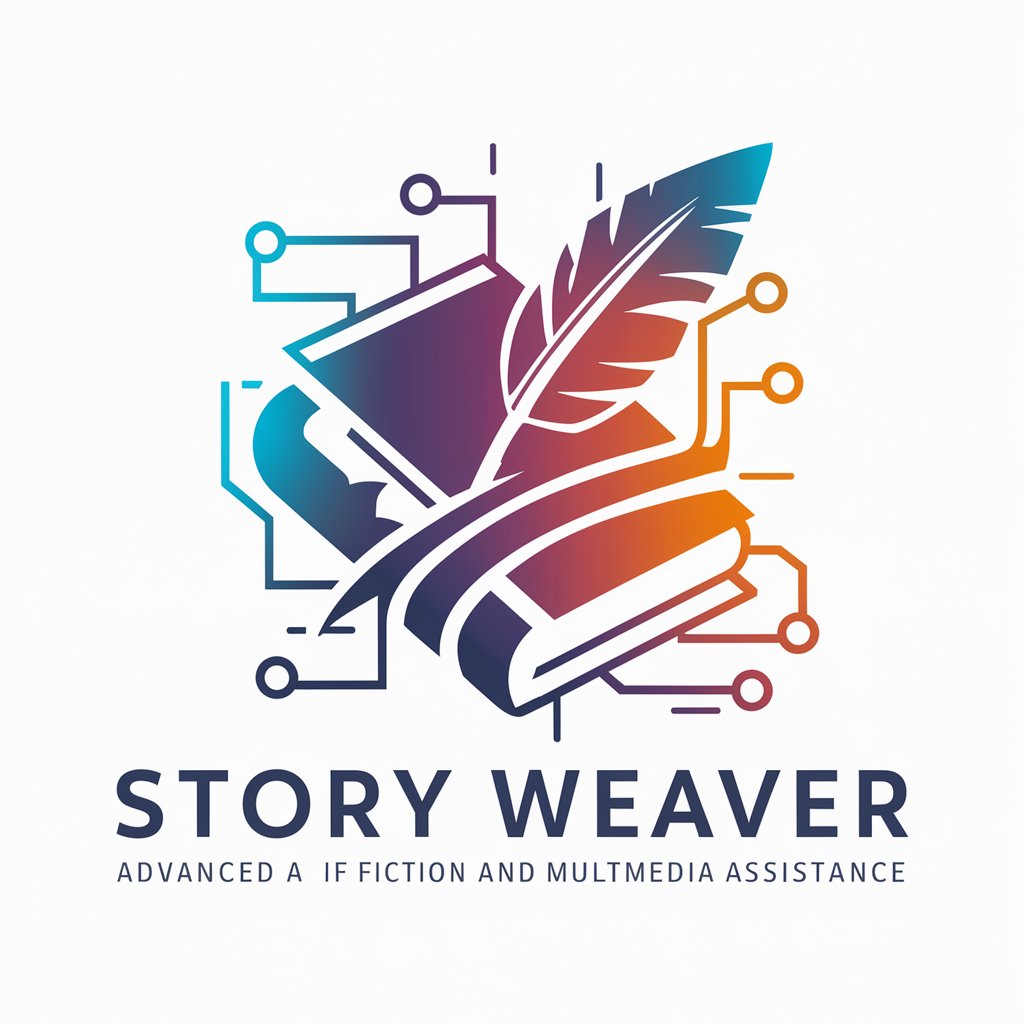
🏛️ Historical monuments 🏛️ - Guide to World Monuments

Welcome to Guide des Monuments! How can I assist you today?
Explore history with AI-powered insights
Tell me about the history of the Eiffel Tower.
What are some interesting facts about Machu Picchu ?
Best time to visit the Colosseum in Rome ?
How do I get to the Taj Mahal and what should I know ?
Get Embed Code
Understanding Historical Monuments
Historical Monuments GPT is dedicated to providing in-depth information about historical monuments around the world. It is designed to explore the rich tapestry of history, architecture, and cultural significance embedded in these structures. From the ancient ruins of Greece to the medieval castles of Europe and the sacred temples of Asia, this GPT aims to offer a comprehensive overview of each site's history, architectural marvels, and the stories that have shaped civilizations. It integrates captivating anecdotes, practical visit tips, and up-to-date information on accessibility, ensuring users not only learn about these monuments but also how to plan their visits effectively. Examples include detailing the architectural evolution of the Colosseum in Rome, sharing the best times to visit Machu Picchu to avoid crowds, or highlighting special events like light shows at the Pyramids of Giza. Powered by ChatGPT-4o。

Core Functions of Historical Monuments GPT
Educational Insights
Example
Exploring the Gothic architecture of Notre-Dame de Paris
Scenario
A history teacher uses the GPT to prepare a lesson on Gothic architecture, utilizing detailed descriptions and historical significance of Notre-Dame de Paris to engage students.
Travel Planning
Example
Best visit strategies for the Great Wall of China
Scenario
A travel blogger consults the GPT for tips on the best sections of the Great Wall to visit during a trip to China, including lesser-known segments for a more authentic experience.
Cultural Exploration
Example
Understanding the significance of the Taj Mahal
Scenario
A cultural enthusiast uses the GPT to dive into the love story and architectural innovations behind the Taj Mahal, enriching their appreciation of this monument before visiting.
Who Benefits from Historical Monuments GPT?
Educators and Students
Teachers looking for resources to make history lessons more engaging and students researching for academic projects can find detailed, accurate information on historical monuments, enhancing learning experiences.
Travelers and Travel Planners
From casual tourists to professional travel planners, users can access practical advice on visiting times, ticketing, and nearby attractions, making trip planning more efficient and enjoyable.
History and Culture Enthusiasts
Individuals with a passion for history and cultural heritage can explore stories, architectural details, and the significance of monuments, deepening their understanding and appreciation of global cultures.

How to Use Historical Monuments
Start with a Free Trial
Begin by visiting yeschat.ai to access a free trial without the need for login, eliminating the necessity for ChatGPT Plus.
Select a Monument
Choose a historical monument you're interested in from the extensive list provided, covering diverse cultures and timelines.
Explore Detailed Information
Access comprehensive details including history, architecture, and cultural significance, along with anecdotes and stories.
Utilize Practical Visit Tips
Take advantage of practical advice for visiting, such as the best times to visit, entry fees, and nearby attractions.
Interactive Tools
Use interactive maps and images to better visualize and locate monuments, enhancing your planning and learning experience.
Try other advanced and practical GPTs
Industry Insight
Harness AI for In-depth Industry Insights

Rosecrucian Historian
Unlocking the Mysteries of Rosecrucianism

Gearhead Guru
Empowering your automotive decisions with AI.

Academic Researcher
Empowering Academic Excellence with AI

Pet Translator
Unlock your dog’s voice with AI

Язык Браиля
Translating Braille to Russian, powered by AI

CIO 5.0
Empowering IT Leadership with AI

Empathetic Therapist
Navigate work and life with AI-powered empathy.

SEO Guru
Your AI-powered SEO Strategist

AP Diction Detective:
Uncover the power of words with AI

Story Weaver
Unleash Your Story's Potential with AI

Японский это Легко
Making Japanese accessible and enjoyable.

FAQs about Historical Monuments
How does Historical Monuments help in educational purposes?
It serves as a valuable tool for educational institutions by providing detailed historical, architectural, and cultural information, aiding in curriculum development and student engagement.
Can Historical Monuments assist in travel planning?
Yes, it offers practical visiting tips, including best visiting times and entry fees, making it ideal for travelers and travel agencies planning tours.
What kind of interactive tools does Historical Monuments offer?
It features interactive maps and images that help users visualize and locate monuments, enriching the learning and planning process.
Is there updated information on renovations and special events?
Yes, it incorporates up-to-date information about renovations, special events, and changes in access to sites, ensuring users have the latest details for their visits.
How can I use Historical Monuments for academic writing?
It provides in-depth information and anecdotes that can be cited in academic writing, supporting research on historical, architectural, and cultural studies.